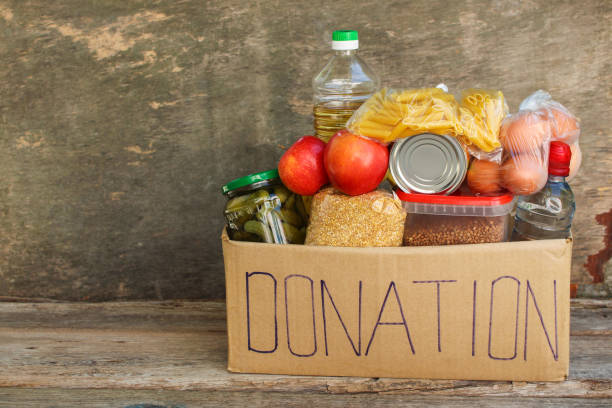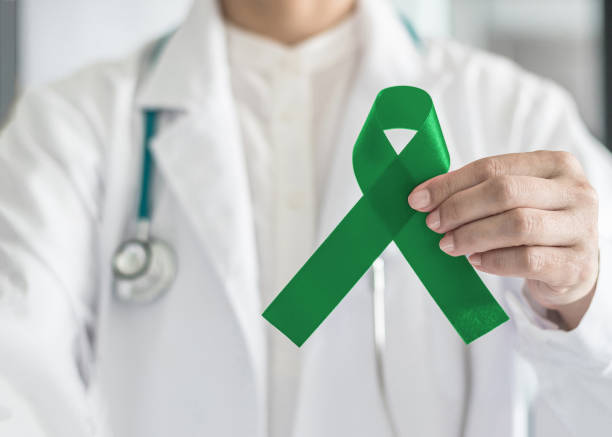Donate Your Body to Science: A Noble Contribution
Donating your body to science is one of the most selfless and impactful decisions an individual can make. It involves bequeathing your body to medical schools, research institutions, and hospitals to support education and scientific advancements. This altruistic act provides invaluable resources for medical research and education, helping to train future healthcare professionals and contributing to the development of new treatments and cures for various diseases. By understanding the process, benefits, and considerations of body donation, you can make an informed decision about this extraordinary gift.
Understanding the Process
The process of donating your body to science typically begins with registering your intent with a medical school or a body donation program. Many institutions have specific criteria for acceptance, and it's essential to understand these requirements beforehand. Generally, individuals of any age, regardless of their medical history, can donate their bodies, although certain conditions may exclude some candidates.
Upon death, the donor's family or healthcare provider contacts the chosen institution, which then arranges for the transportation of the body. The body is used for a variety of purposes, including teaching anatomy to medical students, surgical practice, and medical research. After the educational or research objectives are fulfilled, the remains are usually cremated and may be returned to the family or interred in a dedicated cemetery.
The Benefits of Body Donation
Donating your body to science has numerous benefits. Firstly, it significantly contributes to medical education. Medical students gain hands-on experience in human anatomy, which is crucial for their training. This practical knowledge cannot be entirely replicated through textbooks or virtual simulations, making body donation an irreplaceable resource.
Secondly, body donation supports medical research. Scientists and researchers use donated bodies to study diseases, develop surgical techniques, and test new treatments. This research can lead to breakthroughs that improve patient care and save lives. For instance, advancements in understanding Alzheimer's disease, cancer treatments, and surgical procedures have all been aided by body donations.
Emotional and Financial Considerations
For many, the decision to donate their body to science is rooted in a desire to make a positive impact even after death. This altruistic gesture often brings a sense of fulfillment, knowing that one's body will aid in advancing medical knowledge and potentially save lives in the future.
From a financial perspective, body donation can alleviate some of the costs associated with traditional funerals. Many donation programs cover the expenses of transportation, cremation, and the return of remains to the family. This can ease the financial burden on loved ones during a difficult time.
Ethical and Religious Perspectives
Body donation raises important ethical and religious questions. It's crucial to ensure that the donor's wishes are respected and that the process is conducted with dignity and respect. Many religious traditions support body donation as an act of compassion and generosity, although views may vary. It's advisable to consult with religious leaders or spiritual advisors to understand any specific considerations related to your faith.
Planning and Communication
Deciding to donate your body to science requires careful planning and open communication with your loved ones. Discussing your intentions with family members ensures that they are aware of and supportive of your decision. It's also important to include your wishes in legal documents, such as your will or advance directives.
Moreover, choosing a reputable body donation program is essential. Research different institutions, understand their procedures, and ensure they are accredited and adhere to ethical standards. Some programs offer donor cards or registration forms that you can carry with you, indicating your decision to donate.
The Impact on Medical Education
Medical schools rely heavily on body donations to provide their students with the practical experience necessary for their training. Dissecting a human body offers insights into the complexities of human anatomy that cannot be matched by artificial models or simulations. This hands-on experience is crucial for developing the skills and confidence required for future medical professionals.
In addition to anatomy classes, donated bodies are used in surgical training programs. Surgeons in training practice their skills on donated bodies, refining their techniques and learning new procedures. This training is vital for ensuring that surgeons are well-prepared to perform operations on living patients.
Advancing Medical Research
Body donation is instrumental in advancing medical research. Researchers study donated bodies to understand the progression of diseases, develop new treatments, and improve surgical techniques. For example, studying the effects of cancer on various organs can lead to the development of more effective treatments and therapies.
Donated bodies also play a crucial role in the development of medical devices. Engineers and researchers use them to test and refine new medical technologies, ensuring they are safe and effective before being used in clinical settings. This research can lead to innovations that improve patient care and quality of life.
Personal Stories and Testimonials
Many individuals who have chosen to donate their bodies to science share a common motivation: the desire to make a lasting impact. Personal stories and testimonials from donors and their families often highlight the sense of fulfillment and purpose that comes from knowing their contribution will benefit future generations.
For example, a donor's family might share how their loved one's decision to donate their body provided comfort during their grieving process, knowing that their legacy would live on through medical education and research. These stories underscore the profound impact that body donation can have on both donors and their families.
The Future of Body Donation
As medical science and technology continue to evolve, the need for body donations remains critical. Innovations in medical education, such as virtual reality and 3D printing, complement but do not replace the invaluable experience of studying real human bodies. The integration of new technologies with traditional methods promises to enhance medical training and research further.
Additionally, the growing emphasis on personalized medicine underscores the importance of understanding human anatomy and physiology. Body donation programs play a crucial role in providing the resources needed to advance this field, ultimately leading to more effective and individualized treatments for patients.
Conclusion
Donating your body to science is a profound and generous act that supports medical education and research. By understanding the process, benefits, and considerations, you can make an informed decision about this extraordinary contribution. Discussing your intentions with loved ones, choosing a reputable donation program, and including your wishes in legal documents are essential steps in this process.
The impact of body donation on medical training and research cannot be overstated. It provides invaluable hands-on experience for medical students and supports critical research that leads to medical advancements. For many donors and their families, the decision to donate brings a sense of fulfillment and purpose, knowing that their contribution will benefit future generations.
As medical science continues to advance, the need for body donations remains as important as ever. By choosing to donate your body to science, you are making a lasting impact that will help shape the future of healthcare and improve the lives of countless individuals.




